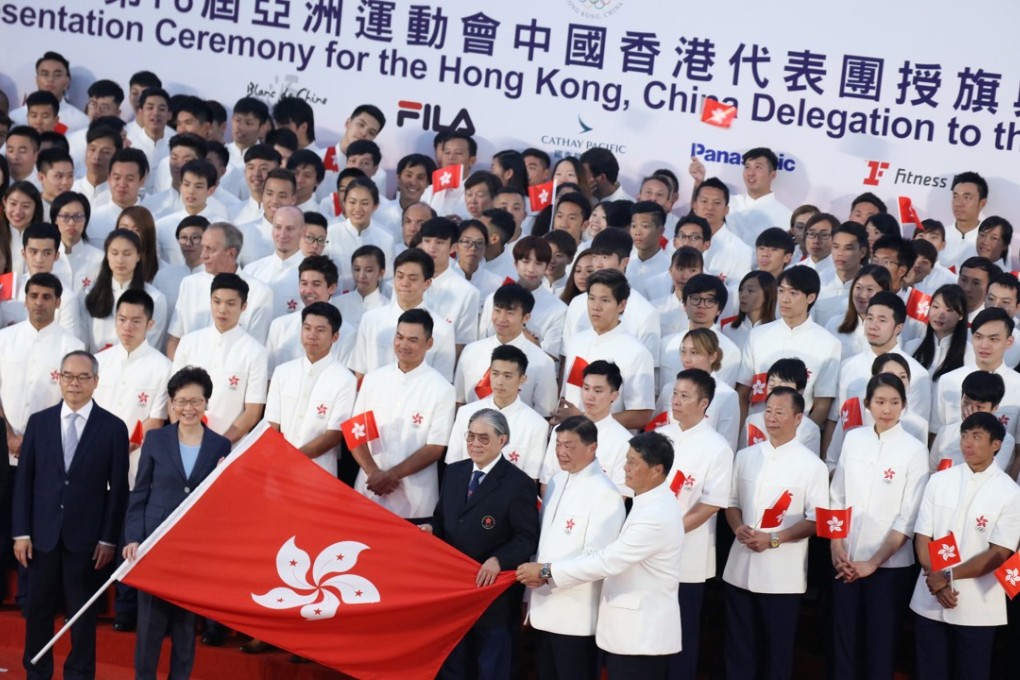Government has role to play in broadcasting some sports events
Where Hongkongers are participating, such as at the Olympics or Asian Games, it may be worthwhile spending public money on broadcasting rights

From the Olympic Games to the World Cup soccer tournament, Hongkongers fret about being unable to watch live broadcasts for free. To the relief of many, Cable TV has stepped in at the last minute amid growing worries over the coverage of the Asian Games next month. Given the issue crops up from time to time, it is worth exploring whether the government can play a role in resolving it.
It would be regrettable if we were to miss out on the Asian Games. Our 700-strong delegation to Indonesia is the city’s biggest ever. The boost stems from our participation in more team sports, including men’s and women’s rugby and hockey. We also stand a reasonably good chance of winning medals in some events.
That would seem like good enough reasons for commercial enterprises to bid for the broadcasting rights. But the truth is that it costs a lot of money to secure those rights. There is also no guarantee of a profit, which explains why broadcasters are shy to make a bid.
Whether the government should step in is open to debate. Arguably, the government cannot be expected to buy the rights to all sporting events. In the case of top soccer matches, the high cost and lack of participation by Hong Kong players, coupled with factors such as the involvement of illegal gambling, it would make little sense for the government to intervene. But for the Olympics and Asian Games, it is important that locals can stay tuned to the performance of our athletes. Such broadcasts also help promote a wider sporting culture and foster community spirit.
The involvement of local athletes would seem like a good benchmark to determine whether the use of taxpayers’ money to secure broadcasting rights is justified. But there are also logistical issues to tackle. Should the government just pay and air the events on RTHK’s own channels? If the content is shared with commercial broadcasters and online media, how should the question of advertising revenues be addressed? If the government broadcaster is to take on sports coverage, would it have enough experience and resources to handle such a venture?